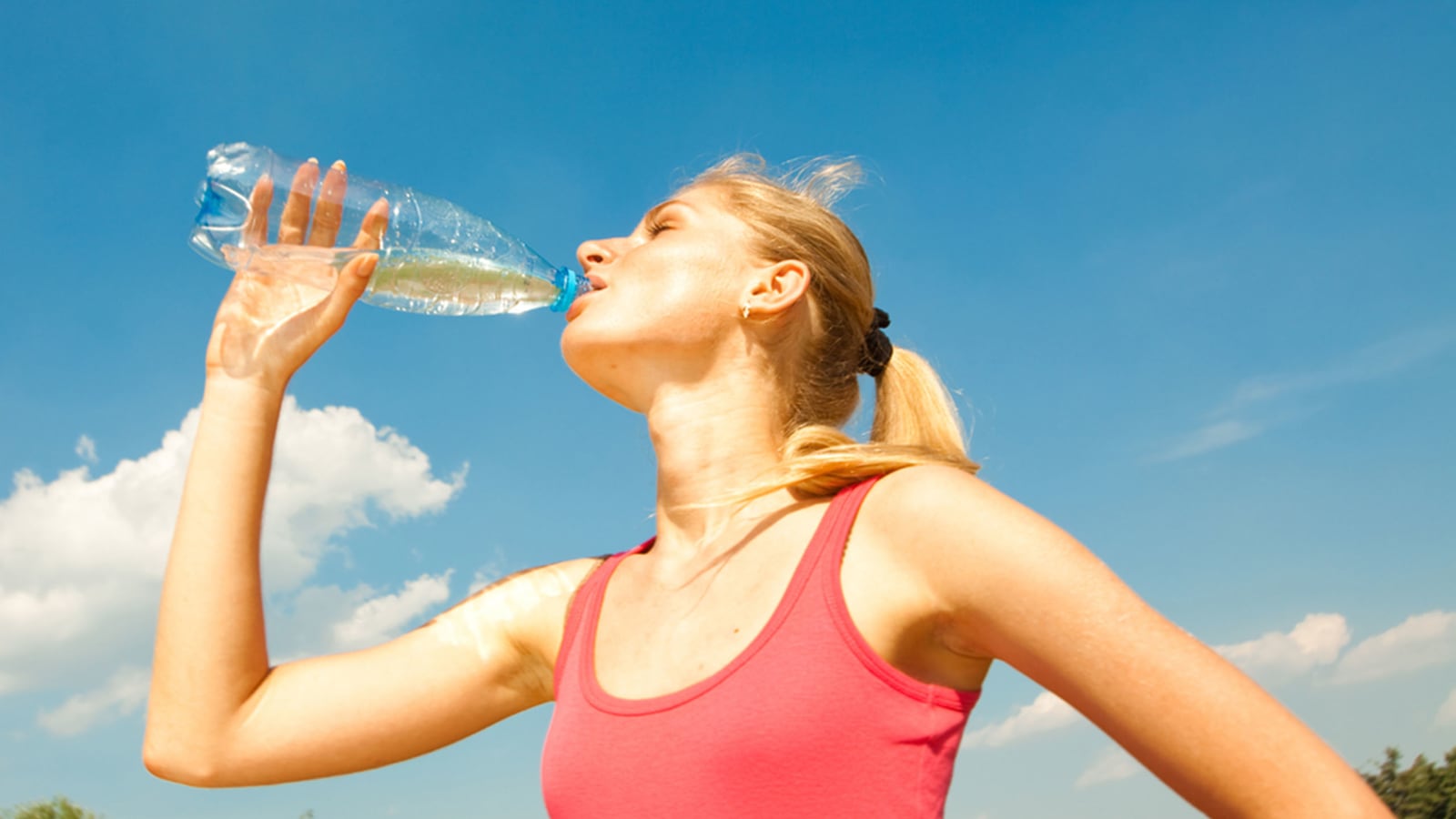You might want to put down that energy drink. A pilot Mayo Clinic study published yesterday in the Journal of the American Medical Association (JAMA) suggests that energy drinks cause measurable increases in both blood pressure and stress hormones. These repeated effects could, over time, increase the risk of heart conditions.
The study was conducted on 25 non-smoking men and women with an average age of 29. On two separate days within two weeks of each other, the participants were asked to come in for biometric measurements before consuming a provided beverage within five minutes. The measurements were then repeated after 30 minutes followed by more tests. The beverage was either a Rockstar brand energy drink or a placebo with similar texture, taste, and color, but lacked caffeine and other stimulants (specifically, 240mg of caffeine, 2000mg of taurine, and extracts of guarana seed, ginseng root, and milk thistle). Each beverage was tested across each participant, though the participants didn’t know which they were drinking and the order was selected randomly.
Six biometric readings were taken in all: bodily levels of caffeine, glucose (blood sugar), and norepinephrine (a hormone released when a person is under physical or emotional stress); as well as blood pressure (systolic and diastolic) and heart rate.
The researchers found that bodily levels of norepinephrine increased 30.9 percent with placebo and 73.9 percent with the real energy drink, which suggests consumption of energy drinks causes a measureable surge of stress hormones after 30 minutes. Blood pressure also showed a measurable comparative increase, increasing about 1.0 percent for the placebo drink, and 6.4 percent for the energy drink. With increases to both stress hormones and blood pressure, the researchers express concern that “these acute hemodynamic and adrenergic changes may predispose to increased cardiovascular risk.”
While the researchers hypothesized that heart rate would be affected, this was found not to be the case. Unsurprisingly, the energy drink caused a rise in bodily caffeine, whereas the placebo did not. There was no measureable difference among increases in blood glucose levels.
The researchers also wanted to know if the stress from physical activity, mental activity, or exposure to cold could further accentuate the differences in increases in blood pressure. Blood pressure was monitored while the participants were “stressed” under these three categories for two minutes each. For the physical stress, the participants were asked to squeeze a force gauge at “one-third of maximum voluntary handgrip contraction.” For mental stress, participants completed math problems as fast as possible. For cold stress, participants submerged one hand into an ice bucket.
While each of these tests understandably increased the participant’s blood pressure, there was no measurable difference between having consumed the placebo drink or energy drink. These results preliminarily indicate that stress from physical activity, mental activity, or exposure to cold do not accentuate the blood-pressure increase differences between consumption of energy drinks and placebo.
The researchers also point out that this is a pilot study, so the sample size was small and only one energy drink was tested. “Further research in larger studies is needed to assess whether the observed acute changes are likely to increase cardiovascular risk,” they write.






